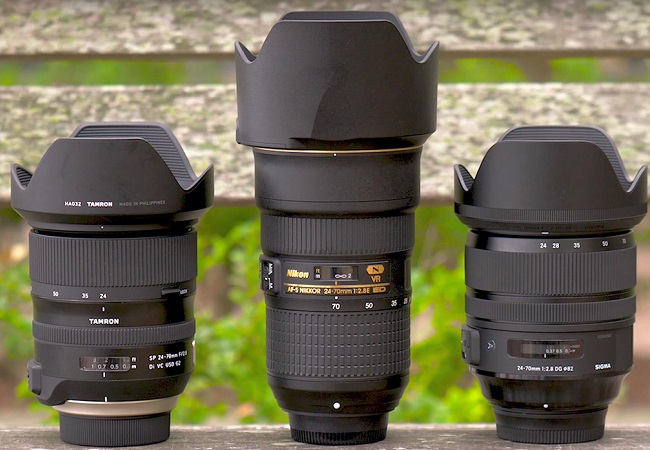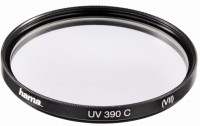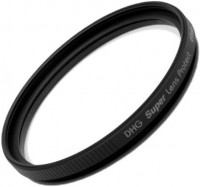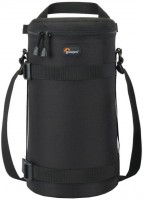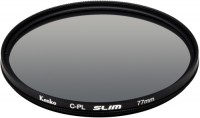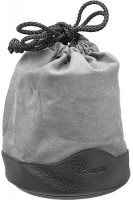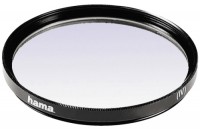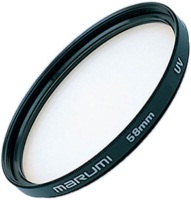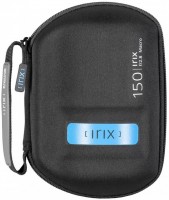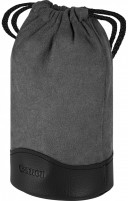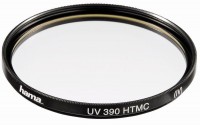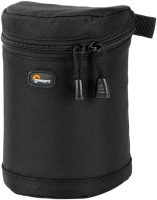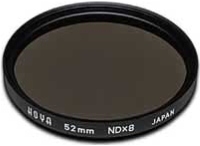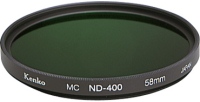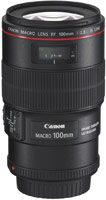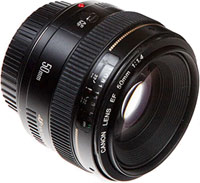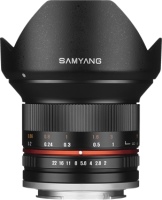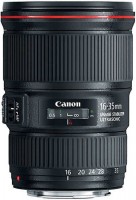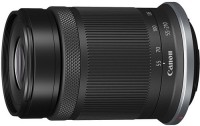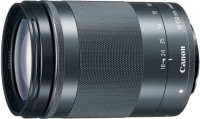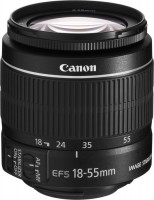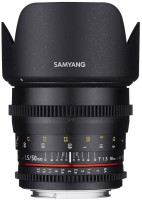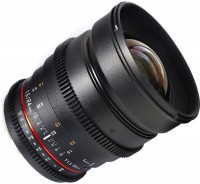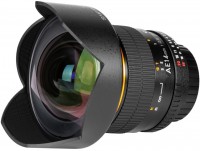Nikon 12-24mm f/4.0G AF-S IF-ED DX Zoom-Nikkor
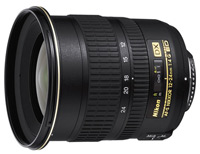 | Expecting restock £263.41 Wide-angle lens for Nikon systems with F mounts and APS-C sensors. Has a focal length range of 12 – 24 mm and viewing angles of 99 ° - 61 °; aperture is unchanged throughout the range and is f / 4.0. Autofocus is provided by an ultrasonic drive. |
Nikon 12-24mm f/4.0G AF-S IF-ED DX Zoom-Nikkor | |||||||||||||||||||||||||||||||||||||
| |||||||||||||||||||||||||||||||||||||
Wide-angle lens for Nikon systems with F mounts and APS-C sensors. Has a focal length range of 12 – 24 mm and viewing angles of 99 ° - 61 °; aperture is unchanged throughout the range and is f / 4.0. Autofocus is provided by an ultrasonic drive.
Always clarify the specifications and configuration of the product with the online store manager before purchasing.
Catalog Nikon 2025 - new arrivals, bestsellers, and the most relevant models Nikon.
A wide-angle lens with a set of focal lengths of 12-24 mm is one of four representatives of optics for Nikon cropped DSLRs, which has a gold ring on its body. This marking indicates the professional orientation of the lens and its participation in the Nikon Professional Services support programme.
wide angles
The field of view of the lens covers viewing angles of 99.5° — 61.1°, which allows you to shoot landscapes, architecture and street photography. In 35mm equivalent, the range of focal lengths ranges from 18mm to 36mm. The maximum aperture is f/4, which does not change when zooming. This is not the most aperture indicator, but in the vast majority of cases it is enough with the head. During testing of the lens, photozone.de experts determined that even at the widest aperture, the sharpness in the centre and edges of the frame does not fall below the “good” mark.
distortion
Distortions in a photograph can appear only in the form of barrel-shaped distortions at the smallest focal lengths (12-13 mm) or pincushion-shaped ones at the long end (21-24 mm). Their level is so insignificant that distortions are corrected with one click of the mouse in a photo editor. The same applies to chromatic aberrations, which do not cause inconvenience.
Internal focus
The "IF" symbols in the lens markings indicate internal focus. Those. during focus, the lens does not increase in size, since all elements move inside the body. The design also has a fast drive of the autofocus system, which reliably clings to the subject. The only thing missing is a vibration reduction system, but at such focal lengths its absence is not critical.
Alternative
If the cost of the lens seems too high, you can take a closer look at its younger brother — Nikon AF-S DX Nikkor 10-24mm f / 3.5-4.5G ED. Optical properties of both lenses are similar to each other. With the younger model, you will gain 2mm at the short end, but lose in internal focus and aperture at maximum focal lengths, and will also not be able to participate in Nikon's professional equipment support programme.
Reference. Chromatic aberration is a phenomenon that occurs due to the incorrect refraction of light inside the lens. As a result, at the border of high-contrast transitions from dark to light backgrounds (tree branches, hair, etc.), colour defects appear in the form of colour bands and spots, which are formed due to incorrect superimposition of colours on each other.
The world's first small image size lens optimized for the size of the DX sensor used in Nikon's D-SLRs such as the D100, D1H, D1X and D1.


